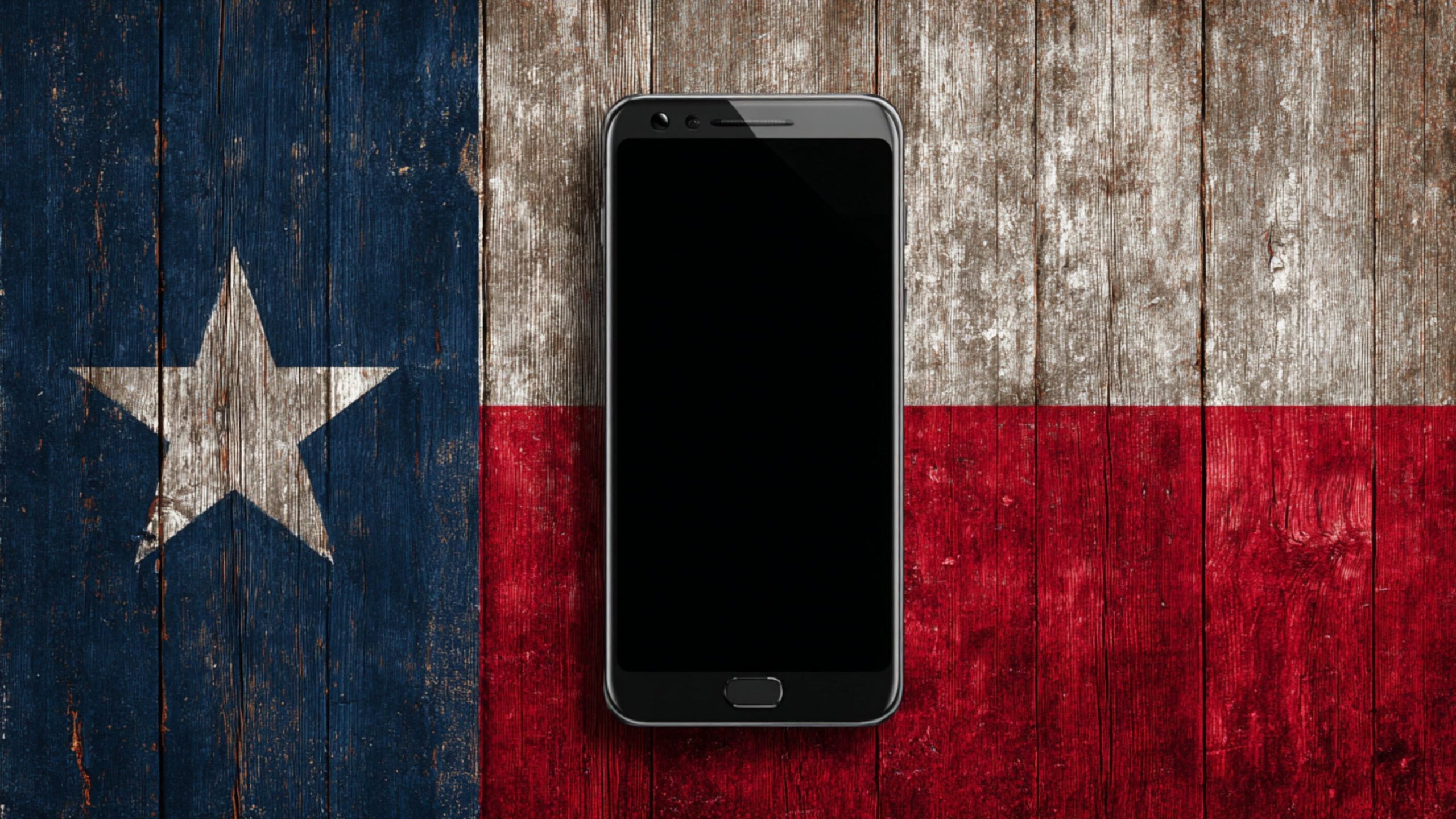Tech giants Apple and Google have confirmed they will comply with Texas’s newly passed age verification law, but both companies warn that doing so will come at the cost of user privacy.
The legislation, known as SB2420, is scheduled to take effect on January 1, 2026.
Under this law, app marketplaces and developers will be required to implement strict age assurance mechanisms that, according to Apple, will force the collection of personal data even for basic app downloads.
“Beginning January 1, 2026, a new state law in Texas—SB2420—introduces age assurance requirements for app marketplaces and developers,” Apple stated in a developer update.
“While we share the goal of strengthening kids’ online safety, we are concerned that SB2420 impacts the privacy of users by requiring the collection of sensitive, personally identifiable information to download any app, even if a user simply wants to check the weather or sports scores.”
More: Tea App Leak Shows Why Digital ID Age Verification Laws are Dangerous
The Texas App Store Accountability Act sets out mandatory age checks and specific restrictions on users under 18. Developers will be expected to make structural changes to how their apps function and handle user data to comply with the mandate.
To help developers adjust, Apple plans to update its existing Declared Age Range API and introduce additional tools to allow apps to handle required consent procedures more easily.
These changes are meant to align with the law while trying to reduce exposure of sensitive user data, Apple said. More technical information is expected to be released this fall.
Google is taking a similar approach and has already launched a beta version of its Play Age Signals API. Through this system, apps will be able to receive information about users’ age ranges, supervision status, and other relevant signals, but only in the states affected.
In an earlier blog post, Google voiced concern over how the Utah law, which takes effect May 7, 2026, compels data-sharing. “The bill requires app stores to share if a user is a kid or teenager with all app developers (effectively millions of individual companies) without parental consent or rules on how the information is used,” the company warned. “That raises real privacy and safety risks, like the potential for bad actors to sell the data or use it for other nefarious purposes.”
Google emphasized that apps like weather services shouldn’t need access to a user’s age data.
More: Discord Support Data Breach Exposes User IDs, Personal Data
Apple and Google both mentioned that developers in Utah and Louisiana will face similar legal demands next year.
Louisiana’s rules are scheduled for July 1, 2026. All three state laws require that apps accommodate age-specific experiences and integrate parental controls where necessary.
Although currently limited to a few states, momentum is building at the federal level.
Lawmakers, including Rep. John James (R-Mich.) and Sen. Mike Lee (R-Utah) have introduced a proposal to apply similar rules nationwide. Lee argued that oversight is necessary because “Big Tech has profited from app stores through which children in America and across the world access violent and sexual material while risking contact from online predators.”
Both Apple and Google already offer optional parental tools. The new mandates, however, would impose those controls by default and require age verification before any app use, even for content with no relevance to age.
Privacy advocates warn that by forcing companies to gather and distribute identifying data, these state laws not only expand surveillance but also hand tech companies an obligation that could backfire if the information is misused or exposed.










